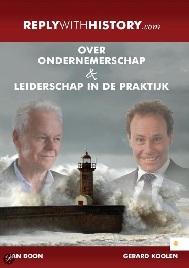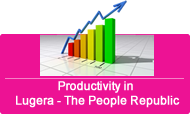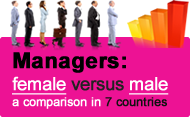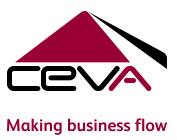85. The Golden Touch

Dear Gerard
The numbers and figures you wrote in article 84 stunned me a little. However, it is good to hear that you stopped playing those stupid games and watching TV and so will have much more time to do useful things.
In many of the books on entrepreneurship I have read, the “luck factor” was often not mentioned as one of the skills an entrepreneur needs to be successful. Today, I read an article by Roger Moore in which he stated that when he was young he had the opinion that you can be successful if you have a good mix of personality, talent and luck. Today, he said that success is 99% determined by luck. Talent is not worth anything unless you’re in the right place at the right time and have the right network.
To be a successful entrepreneur the luck factor is also an important factor in success, however, the actual percentage of luck depends on the type of business and the development of the particular product and the time in which it takes place.
After I graduated as an economist and accountant and gained experience as an accountant in the steel sector (Tata Steel) and the financial sector (Amsterdam Stock Exchange), I started working for a stockbroker in Amsterdam (O). The main activity was the handling of large blocks of shares, especially for UK-based banks/brokers such as Goldman Sachs, Morgan Stanley and Credit Suisse London. In those years, automation started to play an increasingly important role in stock trading. Jobbers and brokers lost their jobs to screen trading. The commissions on securities trading were becoming less and less. Only a few brokers who could handle big turnovers with small commissions were profitable. Stockbroker O was a commercially attractive company, but organizationally and formally there were some limitations. After a few adjustments were made and the streamlining of some of the processes, a number of medium-sized banks were soon interested in the company. One of the banks (K) was soon willing to pay a considerable sum (approximately 10 times the profit). The most important objective of the bank was the team of traders who traded with UK/US parties. The trading book of O including the Jason Geosystems share (3D research for oil) which bank K did not want to acquire and this remained at net asset value at the major shareholders of O. The shares had little value for a number of years and were valued on the books at f0.50 each (€0.25). The acquisition of O by the bank was finalized in 1998.
After 1½ years, there was also considerable interest in Jason. Eventually around €10 (40 times more than the old shareholders of O paid) per share was paid by a listed company in the field of oil exploration.
Automatic screen trading was also available for the Anglo-Saxon traders in securities around 2003 and the activities of companies such as O were minimized. Now there are no longer any securities houses such as O active in the Netherlands.
The relevant shareholders of O had the right vision to sell their business at that time. Currently, one of these major shareholders is a friend of mine and he has a golden touch for this type of business and has the luck factor on his side, which means he takes the right decision at the right time. But this sense of timing is also an entrepreneurial quality that ultimately will be a large determinant of your personal success
Yours sincerely,
Jan Stam












Leave a Reply